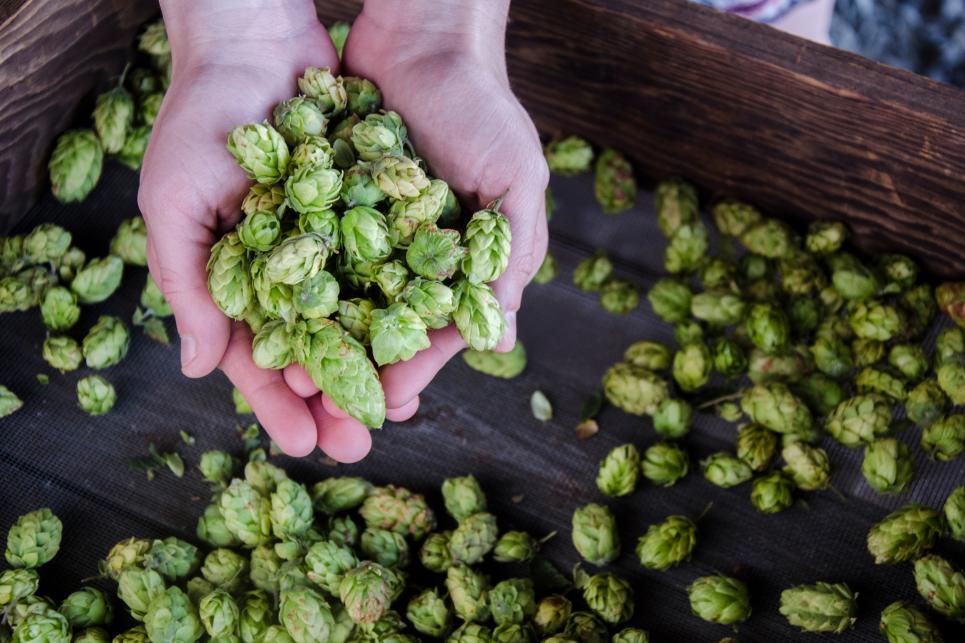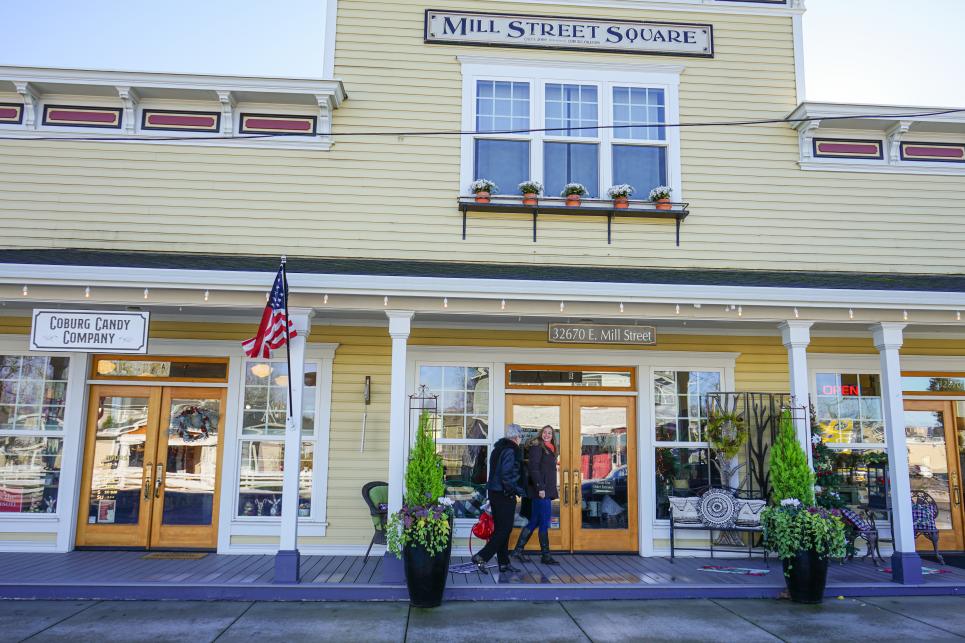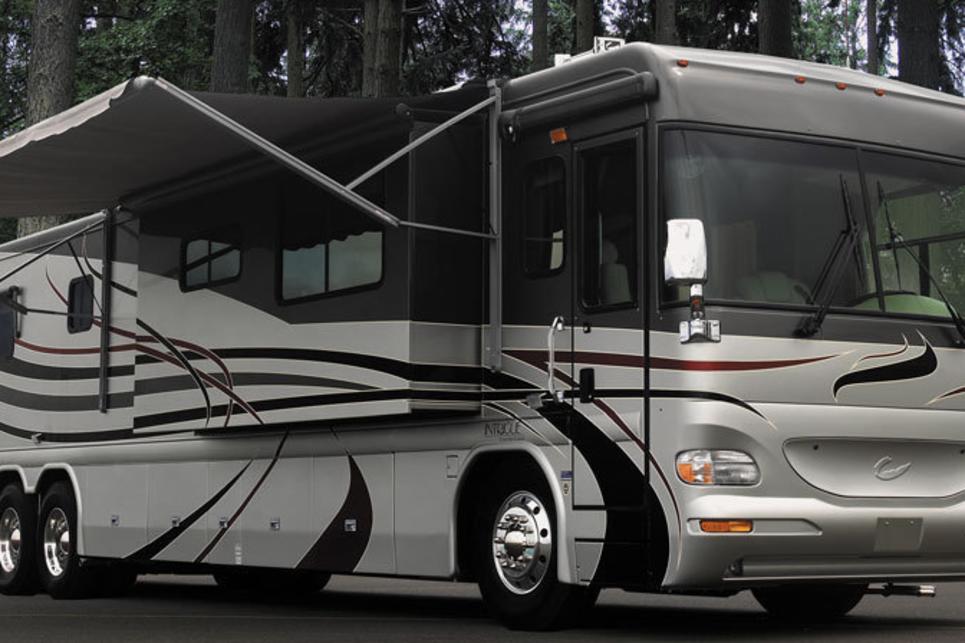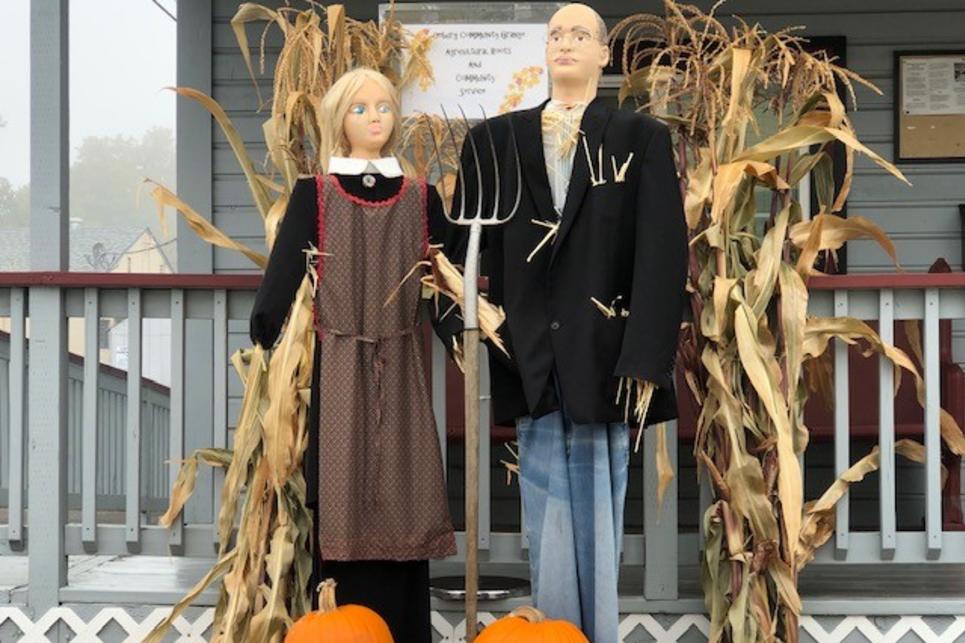Frosty Farms
Coburg, Willamette Valley
Your browser is not supported for this experience.
We recommend using Chrome, Firefox, Edge, or Safari.
Coburg, Willamette Valley
Located in the south Willamette Valley near Eugene and the I-5 corridor, Coburg is a peaceful farming community built around green pastures, u-pick farms and vineyards. Neighborhood farms grow hops, peppers, grass seed and raise sheep, cattle, alpacas and horses. In spring, enjoy the baby animals and in the fall, drive the scenic roads garbed in colorful autumn leaves. Coburg loves their trees, celebrating Arbor Day annually, and has been a Tree City USA member for almost two decades.

Oregon hop harvest
Coburg was founded in 1847 by John Diamond and Jacob Spores, and originally known as "Diamond." Located on John Diamond's land claim, formerly inhabited by Kalapuya tribes, they started a successful ferry service across the McKenzie River. In 1855, as the lumber industry started up, Jacob Spores built a mill.
The Eugene, Cascades & Coast region (Lane County) sits astride a diverse ecological landscape with lands on the Oregon coast, coast mountains, Willamette Valley prairies, Cascades foothills and high mountains. There were numerous tribes who lived in this landscape for more…
Coburg became known for its quality horses, and the local blacksmith Charles Payne pronounced the community "Coburg" in 1865, in honor of an excellent stallion from Coburg, Germany. Coburg was also a Pony Express stop for fresh horses, and then later, a railroad line was built between Coburg and Brownsville. In 1900, Booth-Kelly lumber company bought a mill in town. With the McKenzie River and the railway (now standardized and extended) to move logs, Coburg's lumber industry boomed. But in 1911, Springfield dammed the McKenzie River and logs could no longer be floated into town. A mill fire the following year shut down the Booth-Kelly operations and the company re-opened in Springfield instead.
Coburg is on the National Register of Historic Places as a National Historic District with over 187 sites and structures. A walking tour of 20 historic houses can be picked up at the Coburg City Hall.

After lumber sputtered out, Caribou Manufacturing started RV production in 1968 (eventually becoming Monaco Coach). Like Junction City, Coburg enjoyed an economic lift with the recreational vehicle industry. Monaco Coach, Country Coach and Marathon Coach had thriving production plants in town. But in 2011, as gas prices rose and the recession hit, Monaco and Country Coach filed for bankruptcy. Only Marathon Coach survived the downturn.
Today, the RV industry is reviving. Coburg is the world headquarters for Marathon Coach which specializes in converting bus shells into custom order luxury recreational vehicles with price tags of $2 million and up. Observe the transformation on a fascinating factory tour offered year-round at the Coburg facility. Coburg is also home to many RV campgrounds and remains an RVing destination.

Coburg has also established a reputation for destination nostalgia. Whether collectors come to shop the towns' ever-changing vintage thrifts and antique shops or attend the outstanding Coburg Antique Fair, or whether visitors flock to see classic car cruises, the Christmas Light Parade or bid on quilt auctions; Coburg is a trip back in time.

Coburg - 1,322
Source: 2021 Population Research Center, Portland State University
Coburg is a vibrant and growing community of about 1,450 people located several miles north of Eugene - Springfield. Founded in 1847, Coburg has retained the characteristics of traditional small town with walkable and close ties to the surrounding farming communities that stretch…